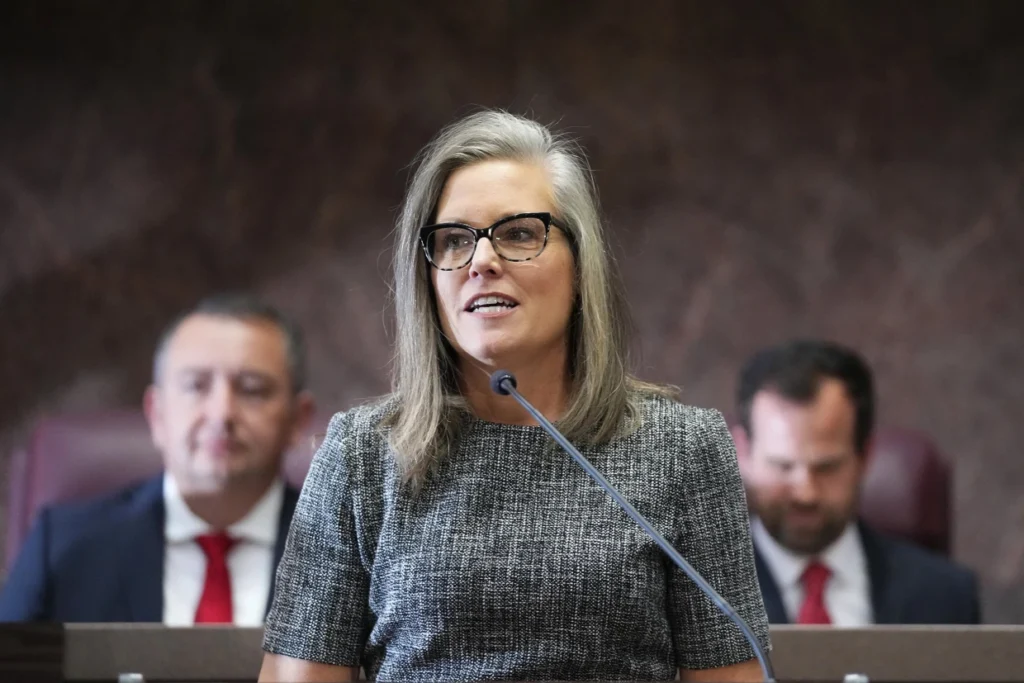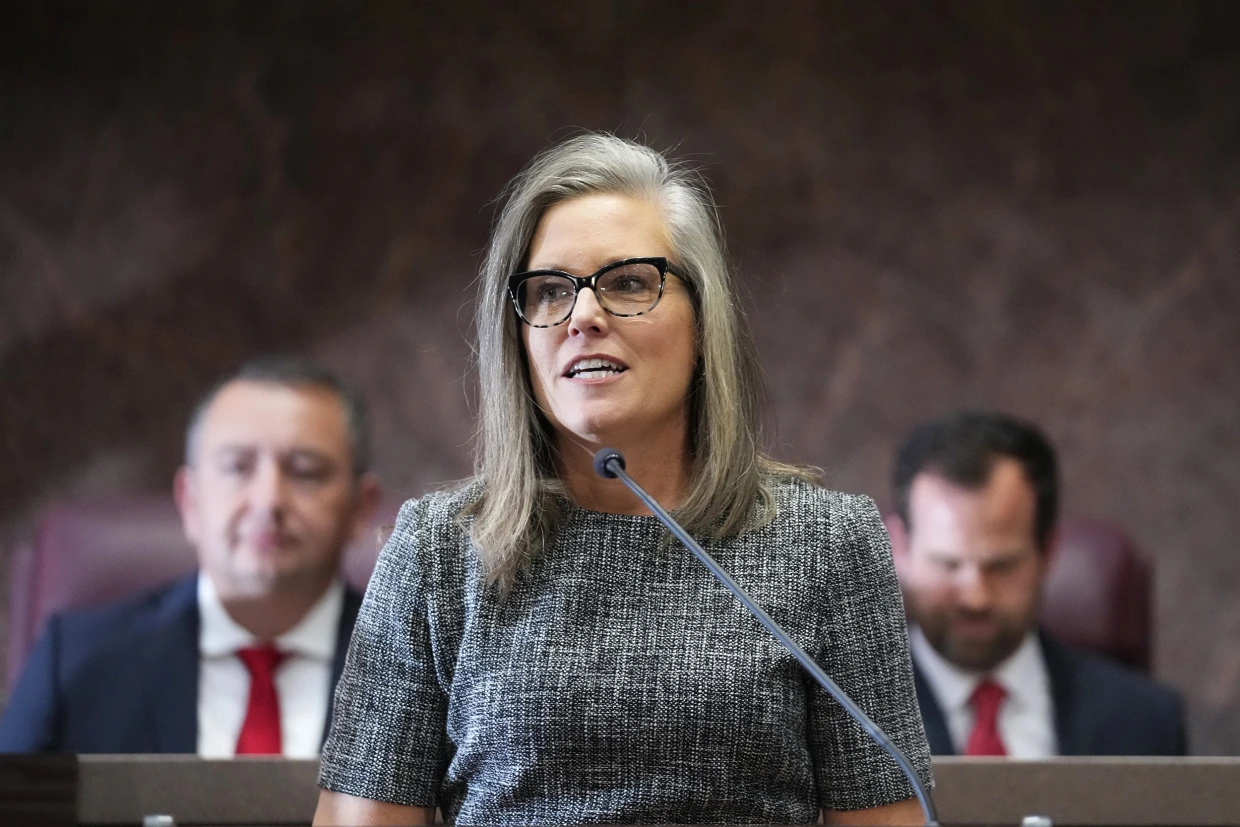Alex Kolodin, AI legislation, deepfake regulation, Arizona House Bill 2394, digital impersonation, artificial intelligence in lawmaking, AI in legislation, deepfake technology, AI drafting laws, tech regulation
Discover how Arizona State Representative Alex Kolodin used AI to draft groundbreaking legislation regulating deepfakes. Learn about House Bill 2394, its implications, and the role of artificial intelligence in modern lawmaking.

In a noteworthy instance of integrating artificial intelligence into the legislative process, Arizona State Representative Alex Kolodin, a Republican, utilized AI to craft a bill aimed at regulating deepfake technology. This initiative reflects the increasing interplay between cutting-edge technology and legislative action, demonstrating both the potential and the complexities of such an approach.
Kolodin’s endeavor focused on House Bill 2394, a legislative effort to establish regulations around “digital impersonation,” particularly concerning deepfake videos. Deepfakes are digitally altered videos that can make it appear as though individuals are saying or doing things they never actually did. This technology poses significant challenges, ranging from personal defamation to political misinformation.
The Role of AI in Drafting Legislation
Kolodin turned to ChatGPT, an advanced AI developed by OpenAI, to help define the technical aspects of deepfakes. The use of AI in this context is relatively novel, as legislative drafting traditionally involves collaboration between lawmakers and legislative counsel. Kolodin’s decision to use ChatGPT underscores the tool’s perceived utility in handling complex technical definitions, which can be challenging for individuals without specialized expertise.
“I used it to write the part of the bill that had to do with defining what a deepfake was,” Kolodin explained. Struggling with the intricacies of defining deepfakes, he sought assistance from ChatGPT, which he regarded as a subject matter expert. By uploading a draft of the bill and requesting a subparagraph defining deepfakes, Kolodin received a detailed definition generated by the AI.
Ensuring Accuracy and Oversight
Kolodin emphasized that despite relying on AI, the legislative process included rigorous review to ensure accuracy and appropriateness. He personally reviewed the AI-generated content and noted that several stakeholder groups, including the ACLU and the broadcasters association, also scrutinized the bill. This multi-layered oversight was intended to catch any potential errors or problematic language that the AI might have produced.
“If ChatGPT had effed up some of the language or did something that would have been harmful, I would have spotted it,” Kolodin asserted. He highlighted that the bill’s journey through various reviews and committee testimonies provided ample opportunities for errors to be identified and corrected.
The Legislative Journey of House Bill 2394
House Bill 2394 successfully passed through both chambers of the Arizona state legislature and was signed into law by Democratic Governor Katie Hobbs. Notably, the bill’s passage occurred without significant public attention, a testament to the often behind-the-scenes nature of legislative processes.
The legislation aims to curb the potential misuse of deepfake technology by establishing clear definitions and regulations around digital impersonation. By leveraging AI to aid in drafting this bill, Kolodin showcased an innovative approach to addressing the technical challenges posed by rapidly evolving technologies.
The Broader Implications of AI in Legislation
Kolodin’s use of AI in legislative drafting raises important questions about the future of lawmaking. As AI technologies continue to advance, their potential applications in various domains, including legislation, are expanding. However, this also brings forth concerns regarding accuracy, accountability, and the ethical implications of relying on AI for such critical tasks.
The incident also draws parallels to other notable AI missteps, such as the case involving former Donald Trump lawyer Michael Cohen. Cohen used a legal AI program to search for case law, but the AI provided false examples of cases that never existed. Upon discovering the error, Cohen promptly corrected the citations and informed the court. This example underscores the necessity of human oversight when employing AI tools in sensitive and high-stakes environments.
Conclusion
The use of AI by Representative Alex Kolodin to draft legislation regulating deepfakes marks a significant development in the integration of technology and law. While AI can offer valuable assistance in handling complex technical definitions and streamlining the drafting process, it is crucial to maintain robust oversight mechanisms to ensure accuracy and prevent potential errors.
Kolodin’s experience highlights both the promise and the pitfalls of incorporating AI into legislative processes. As technology continues to evolve, lawmakers and stakeholders must navigate these new tools with caution and diligence, ensuring that the benefits of AI are harnessed while mitigating its risks. The successful passage of House Bill 2394 serves as a case study in this ongoing exploration of the intersection between technology and governance.
Read More-
